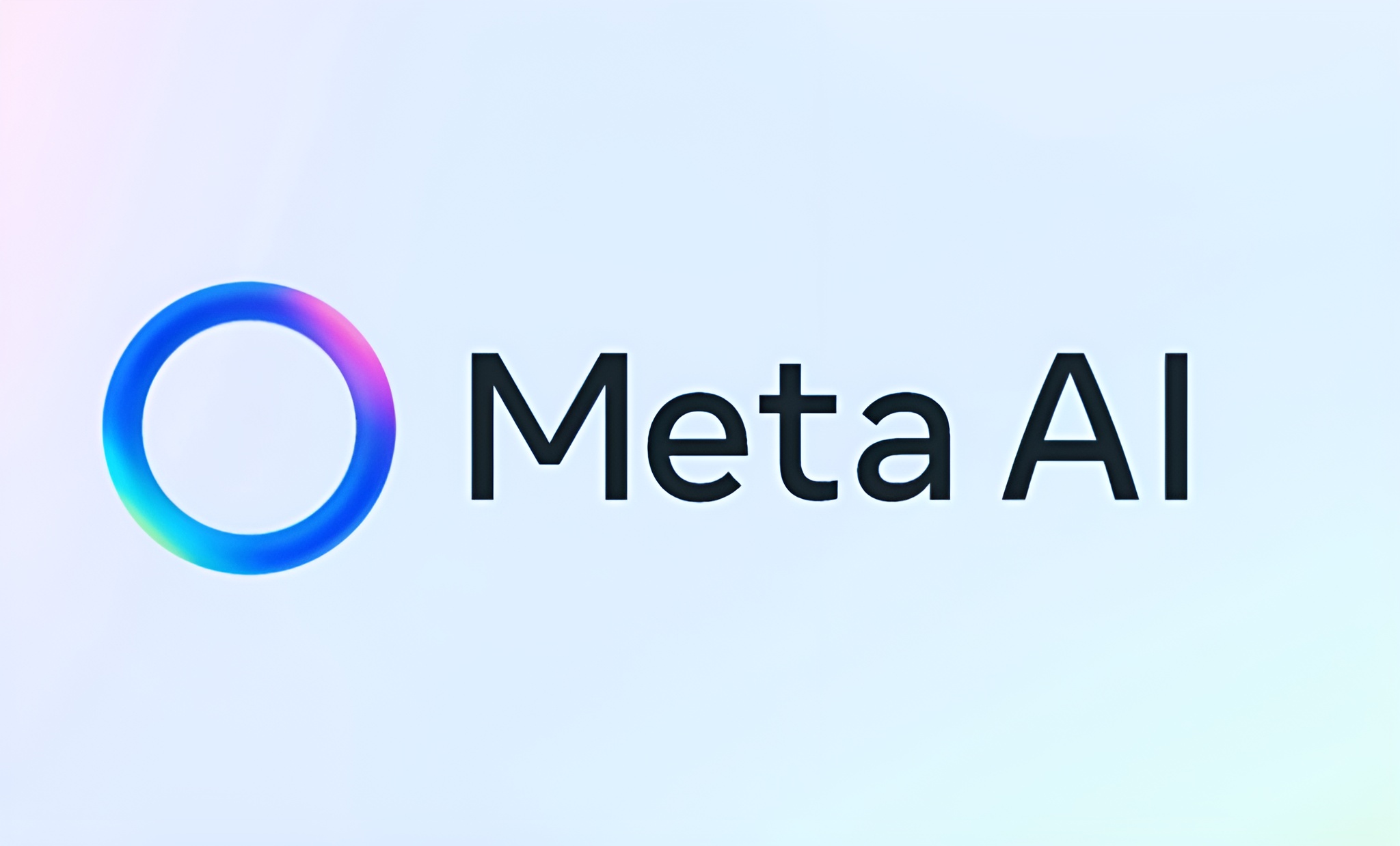Meta is redirecting part of its metaverse spending towards AI-powered glasses and wearables, aiming to capitalise on the growing interest in these devices. The shift comes after years of substantial investment in virtual reality, which has yet to convince investors of its long-term potential fully.
Reports indicate that Meta plans to reduce its metaverse budget by up to 30 percent, a move that lifted its share price by more than 3.4 percent. The company stated it has no broader changes planned, while offering no clarification on whether the adjustment will lead to job cuts.
The latest AI glasses, launched in September, received strong early feedback for features such as an in-lens display that can describe scenes and translate text. Their debut has intensified competition, with several industry players, including firms in China, racing to develop smart glasses and wearable technology.
Meta continues to face scepticism surrounding the metaverse, despite investing heavily in VR headsets and its Horizon Worlds platform. Interest in AI has surged, prompting the company to place a greater focus on large AI models, including those integrated into WhatsApp, and on producing more advanced smart devices.
Would you like to learn more about AI, tech, and digital diplomacy? If so, ask our Diplo chatbot!










